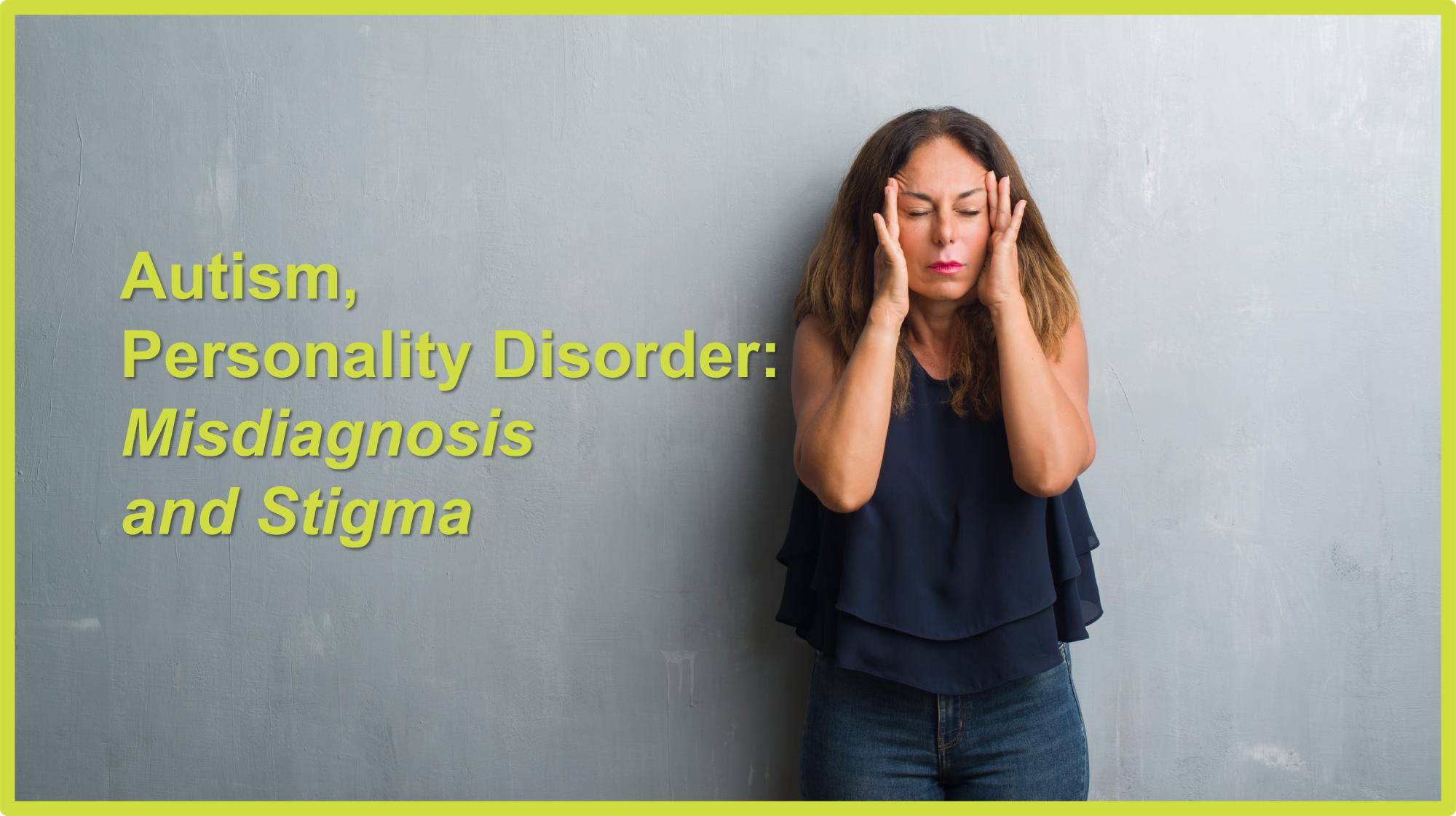
Why too many Autistic female adults are getting wrongly diagnosed with Borderline Personality Disorder.
Over the past twelve months , I have been writing another book, along with several very helpful contributors who have been kind enough to share their stories with me. The original title of the book contained the words ‘complex presentations’. This has now been changed. It became very clear when writing that it wasn’t the autistic people who were ‘complex’, it was the fact that the system does not understand or accommodate Autistic people, particularly females (and non-binary and trans people), in fact, anyone who does not fit the stereotypical view of Autism.
The book is about misdiagnosis and misunderstanding, and covers a range of areas from assessment and diagnosis through to inpatient care, and how Autistic people are dealt with in the criminal justice system. The book is scheduled to be published this summer.
This is often the decision of one person, and somehow seems to override anything that has gone before …
One area that has come up time and time again is the issue of people being diagnosed with Borderline (or Emotionally Unstable) Personality Disorder, sometimes in addition to an Autism diagnosis, but more often than not, instead of. This is often the decision of one person, and somehow seems to override anything that has gone before, even when people have gone through a NICE compliant Autism assessment process and received a diagnosis. So why does this matter? First, and most importantly, because it is an incredibly stigmatising diagnosis. I had not realised before I started writing the book, just how much having a BPD diagnosis can impact upon future medical treatment (people are seen as ‘attention seekers’ or ‘hysterical’) and judgements about someone’s parenting (mothers are deemed too emotionally unstable to cope with their children). The degree of stigma associated with this diagnosis is not just anecdotal, it is confirmed in research that acknowledges that people with BPD are treated differently by people who come in contact with them.
Borderline Personality Disorder is fundamentally a description of someone in distress and is described in the diagnostic manuals as a ‘pattern of instability in interpersonal relationships, self-image and affects, and marked impulsivity’.
Certain personality disorders (e.g. antisocial personality disorder) are diagnosed more frequently in males. Others (e.g. borderline, histrionic, and dependent personality disorders) are diagnosed more frequently in females.
The issue is that only five of the criteria outlined below actually need to be present for this diagnosis to be made.
- Frantic efforts to avoid real or imagined abandonment
- A pattern of unstable and intense interpersonal relationships
- Identity disturbance – persistently unstable self-image
- Impulsivity in at least two areas (substance abuse, binge eating, spending money, sex)
- Recurrent suicide attempts or self-harm
- Affective instability (rapid mood changes)
- Chronic feelings of emptiness
- Inappropriate or intense anger
- Transient paranoid thoughts or dissociative symptoms.
However, by ignoring their Autism, and the reasons why they may be displaying this level of distress, professionals who choose to give this diagnosis, rather than exploring Autism, are doing them a great disservice. It may also adversely affect the treatment and support they receive. In addition, the wording of the criteria is, in my opinion, misogynistic and derogatory. Who has the right to decide whether someone’s anger is ‘inappropriate’?
It is not difficult to see how many Autistic people would, in theory, meet these criteria though. They face (or have faced if they are older) a lifetime of misunderstanding and trying to exist in an environment when they might be bullied or discriminated against. Or alternatively where they mask or camouflage their authentic selves to the point that they burn out.
I have worked with some incredibly brave and resilient women
Writing my book has been a privilege. I have worked with some incredibly brave and resilient women, who have all had some dreadful, and entirely avoidable, experiences. It raises the question of how many undiagnosed and misdiagnosed people (young and old) are still out there, and how important it is to get an appropriate assessment and a better understanding, both for the person and those around them. It is to be hoped that this would reduce the number of people suffering and being stigmatised and judged because of a label that essentially means they are distressed, not that they have a ‘disordered’ personality.
